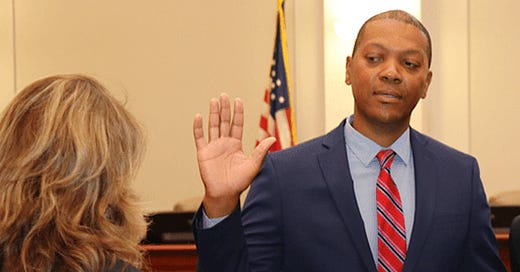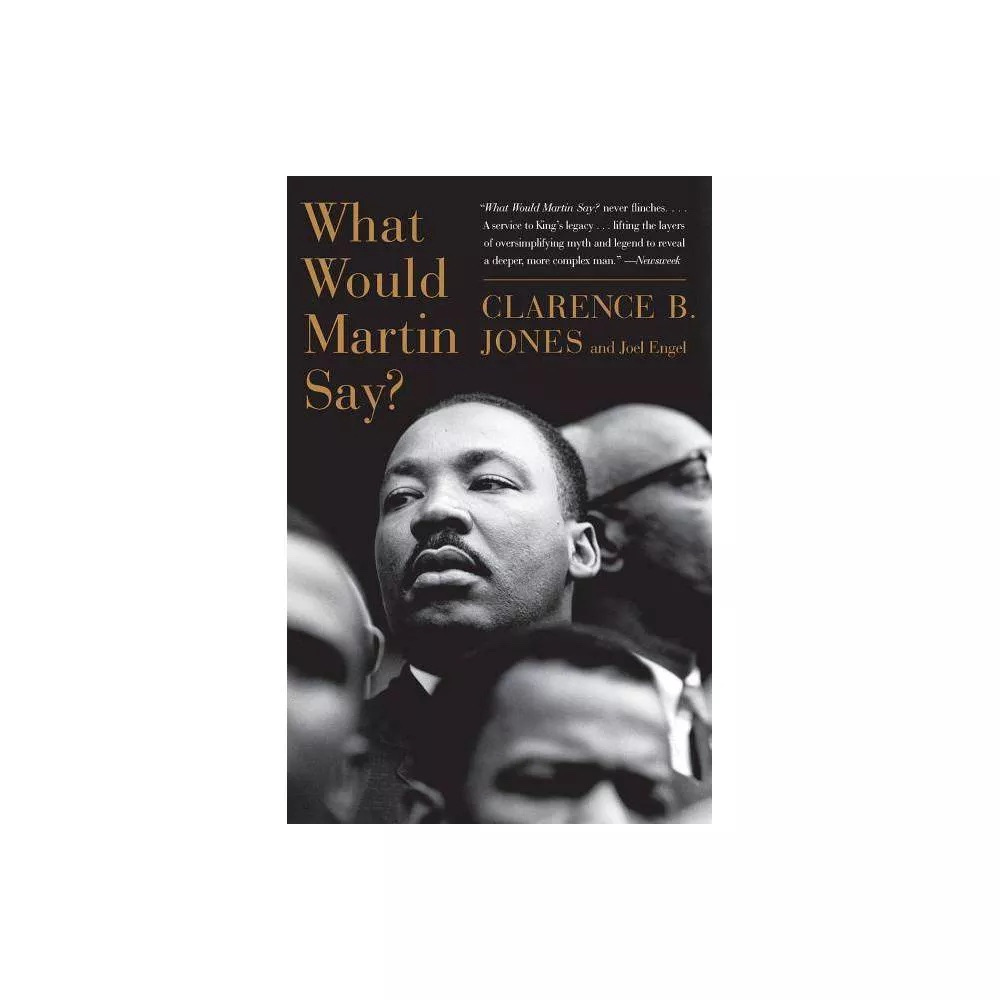Black conservative candidates like me take grief, but we represent the American Dream
The keys to black uplift are faith, family, education, and a commitment to the ideals embodied in the American dream. We cannot afford to distracted by cosplaying benefactors.
(This article originally appeared last November in Fort Worth Star-Telegram. I’m sharing it here because I find that few people have read it, owing in large part to the pay wall it’s hidden behind.)
I was awash with pride at seeing Republican Winsome Sears win the lieutenant governor race in Virginia, becoming the first woman elected to the office and the first woman of color to win statewide there. The Jamaican immigrant and Marine veteran bested a Democratic opponent who more than doubled her in fundraising.
“I didn’t run to make history,” said Sears, a wife and mother of three daughters, after her surprise victory, adding that she hoped to “leave it better than [she] found it.”
Her success, and her words, took me back to my run for Southlake City Council in 2019. The community was under the national media’s microscope for a video shared on social media of a handful of teens chanting the n-word. When I stood before news cameras in Southlake Town Square one month later, I spoke of the community being a family that would pull together and heal.
Less than two months later, I heard words that still give me chills: “You do realize that Southlake will never elect a Black city councilman, right? Those white folks won’t vote for a man named Ronell, even a conservative one.”
I felt then what Sears knew to be true: Our nation and, indeed, our local communities, are not composed of people who make race the deciding factor in their votes. I received 2,143 votes (58% of the vote); Blacks number roughly 500 of our 32,000 residents.
On network TV the day following her election, Sears channeled the very emotions that buoyed me throughout my campaign, mentioning the country’s progress, including electing the first Black president in 2008 and the first Black and female vice president in 2020.
“We’re going to have safer neighborhoods, safer communities, and our children are going to get a good education,” she said, downplaying the role of race in her election.
The issues she outlined should be imperatives for all elected officials, for they underpin healthy communities. They are also foundational elements of the American Dream. For black conservatives like Sears, a small business owner and the former vice president of the Virginia Board of Education, Black America’s dream is in line with the American Dream.
We’re willing to say, yes, this country — our country — still has work to do, but never has the U.S. been less racist, provided more opportunities for people regardless of race or ethnicity, or made education more accessible.
It’s sad that any Black conservative elected to public office is instantly pilloried for breaking from the shibboleth that America is racist. Vanderbilt professor Michael Eric Dyson referred to Sears as a “ventriloquist” for white racists on national TV. In 2019, I was compared to a slave trader for being conservative and pro-America.
In 2020 I had the epiphany all Black conservatives eventually have, after an angry resident called to say I was “a detriment to the Black community. As a Black conservative, you don’t know the pain and trauma of black people. Ronell, you’re not the person to move Black America forward.”
I reminded her of my rural, working-class upbringing, but to no avail.
I hung up the phone and accepted a calling from God that I had until then run from: “I will work to change the arc of Black men in America,” making them aware of the opportunities, not just the risks; highlighting how we’re shaped by our pasts, not defined by it; and making clear that what sustained us through slavery and beyond must still guide us today: faith, family, education, hard work, and thrift.
Those so-called conservative values, which have affirmed successful Black families for centuries, have nothing to do with politics or race. They are universal in their appeal and their link to achievement.
Black conservatives like me and Sears must never stop sharing them.
What I’m reading…
I’ve always found it annoying when politicians on both sides of the aisle trot out the words of MLK Jr. to make their points, however ham-handedly or insincerely. As a local politician who also happens to be a man with proud, deep, Southern roots, the annoyance is as much out of insincerity as it at knowing many of these politicians would not have cared for King’s words or antics during his lifetime.
But, I have always wondered what he would say, think about the current state of Black America, and not just politically, but also economically, socioeconomically, and especially about the Black family, the Black crime rate, and…yes, Affirmative Action.
Clarence B. Jones, who was personally recruited by King to help fight the latter’s legal battles, was also a speech writer and principal adviser to King for nearly a decade. His book is shaping up to be one of my favorites of the year—and I’m only 100 pages in so far.





